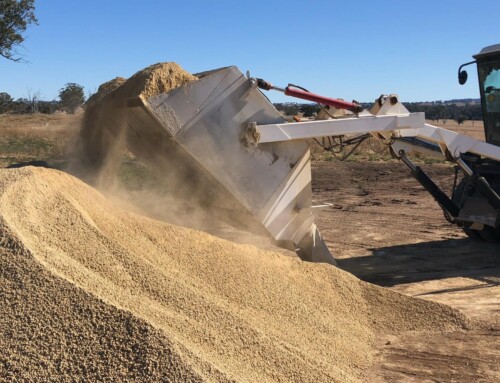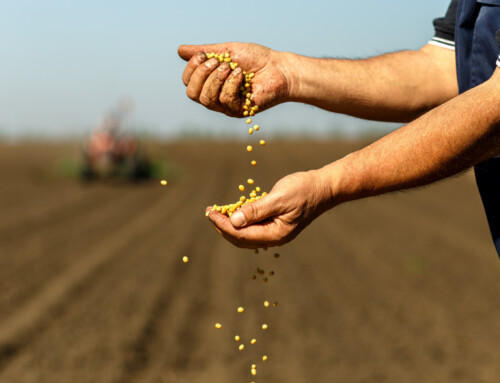The role of NPKS and other elements in plant production are simply & briefly described below.
Nitrogen (N) is a key component in many of the processes needed to carry out growth. It plays a big part in crop yield. In particular, nitrogen is vital to chlorophyll, which allows plants to carry out photosynthesis.
Phosphorus (P) encourages the growth of roots and promotes blooming. It contributes to contributing to structural strength, crop quality and seed production.
Potassium (K) contributes to growth and development and plays a part in many plant characteristics like quality, size, shape, color, and even taste.
Sulphur (S) is an essential plant nutrient required by all crops for optimum production. Sulphur is required in the development of fertile canola flowers and must be present for good nodule development on legume forages such as alfalfa and pulse crop roots such as pea and faba bean.
Calcium (Ca) in the form of calcium pectate, is responsible for holding together the cell walls of plants. When calcium is deficient, new tissue such as root tips, young leaves, and shoot tips often exhibit distorted growth from improper cell wall formation.
Magnesium (Mg) one of the magnesium’s well-known roles is in the photosynthesis process, as it is a building block of the Chlorophyll, which makes leaves appear green.
Boron (B) promotes early maturity. Affects flower set, fruiting quality, and yield. Necessary in conversion of carbohydrates into proteins. Boron affects root growth. It is essential for normal germination of pollen grains and the growth of pollen tubes.
Copper (Cu) is necessary in Chlorophyll formation and in photosynthesis and seed formation. Is a part of certain essential enzymes. Acts as a catalyst in certain carbohydrate and protein building reactions.
Iron (Fe) plays a major role in production of Chlorophyll. Involved in respiration of plants. Serves as a catalyst in cell division and growth processes.
Manganese (Mn) aids in Chlorophyll formation: serves as a catalyst in enzyme reactions such as breakdown of carbohydrates, and Nitrogen transformation.
Molybdenum (Mo) is necessary for module bacteria in fixing nitrogen from the air by legumes. Traces are needed to reduce Nitrate Nitrogen so that they can use Ammonium in protein formation.
Zinc (Zn) is needed in protein formation. Influences consumption of sugar in the plant. Necessary for many enzyme reactions in plant, including the one forming one of the plant hormones.










